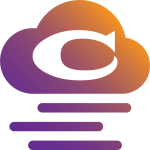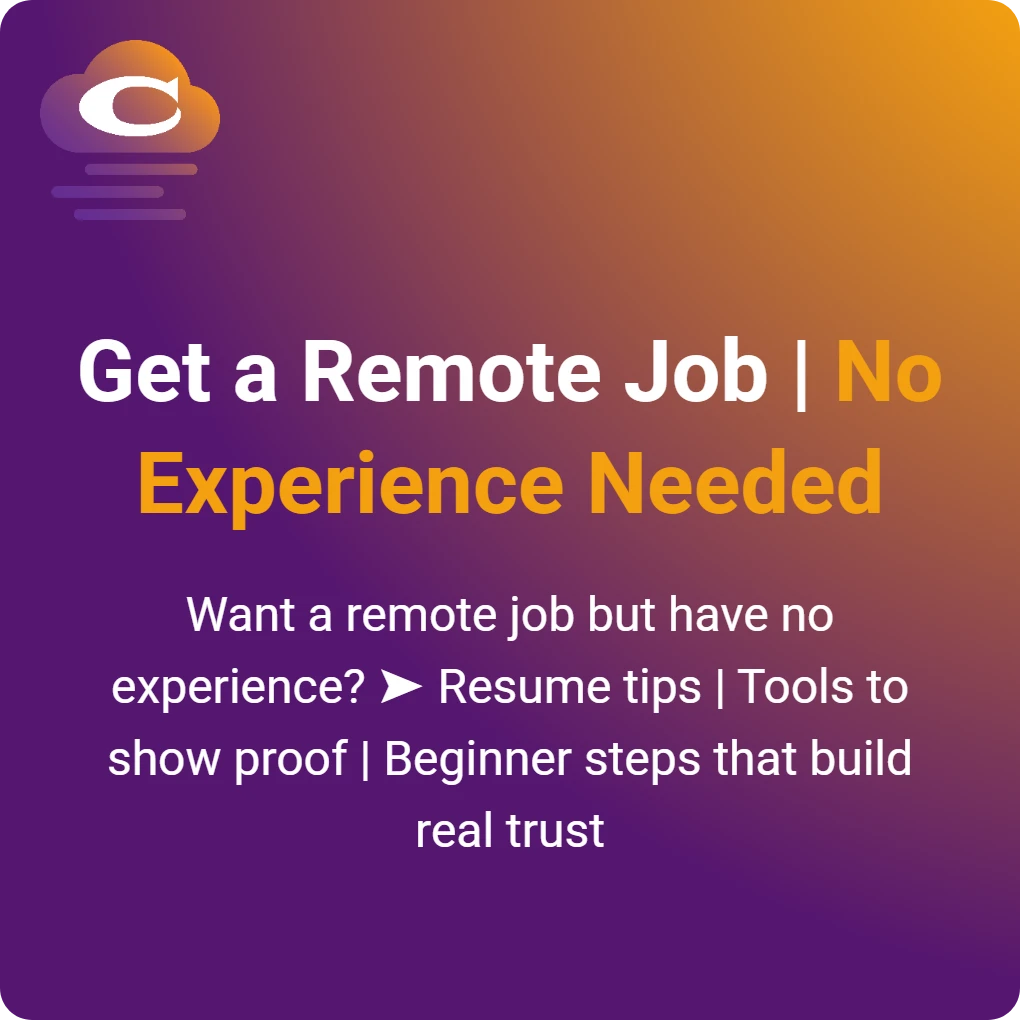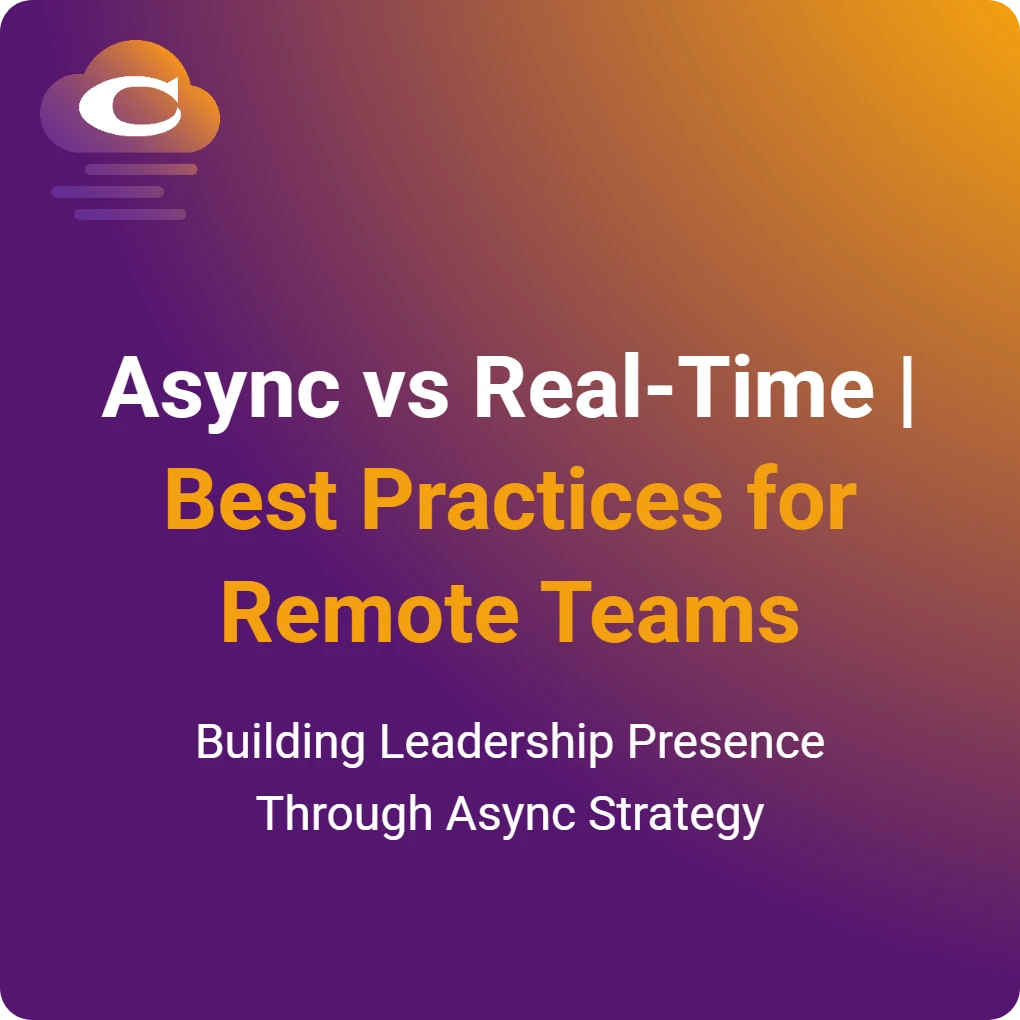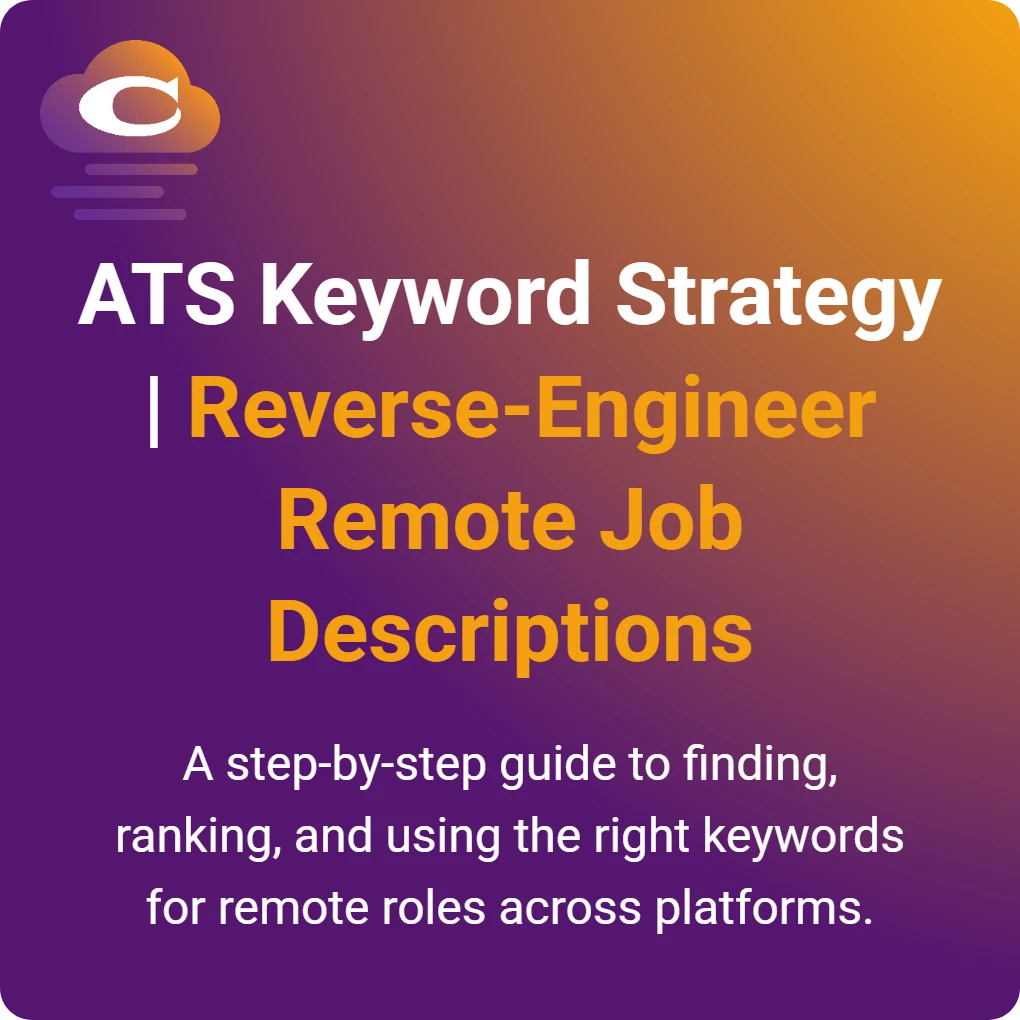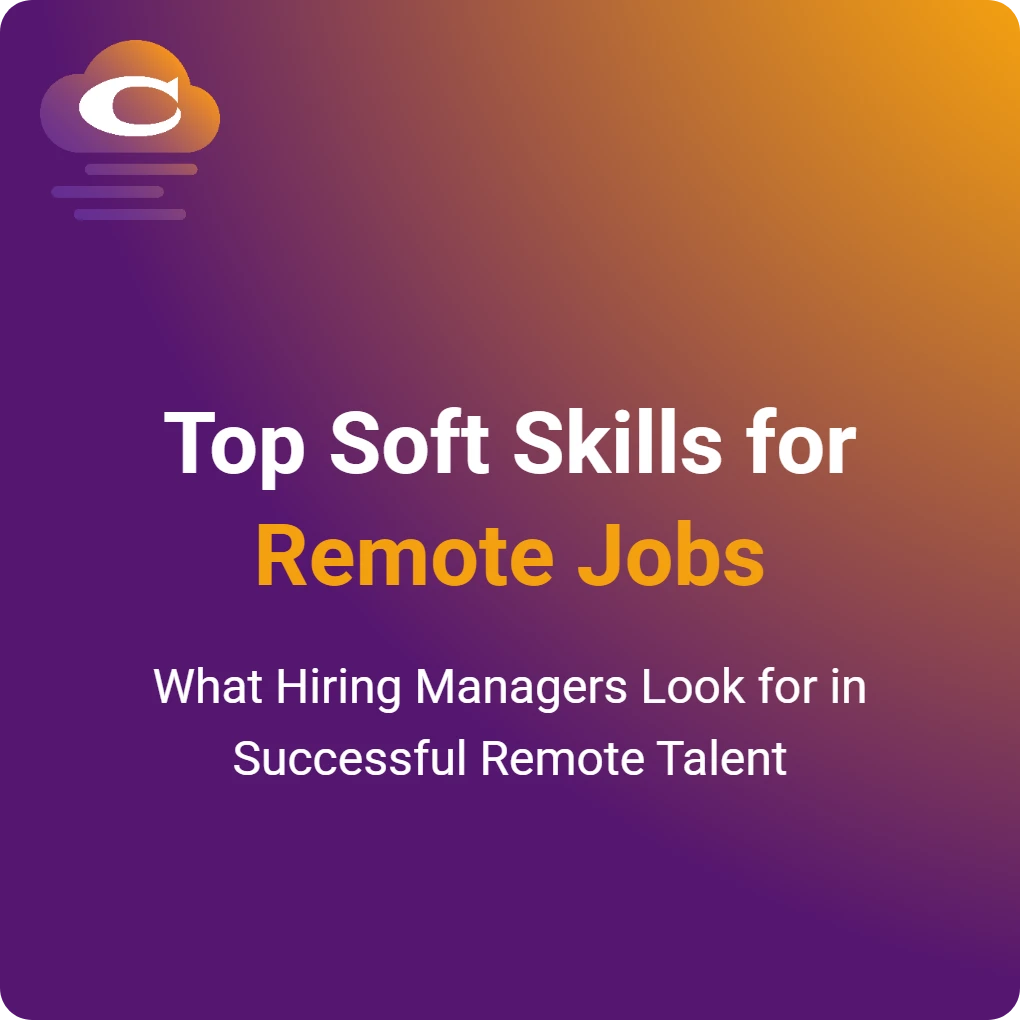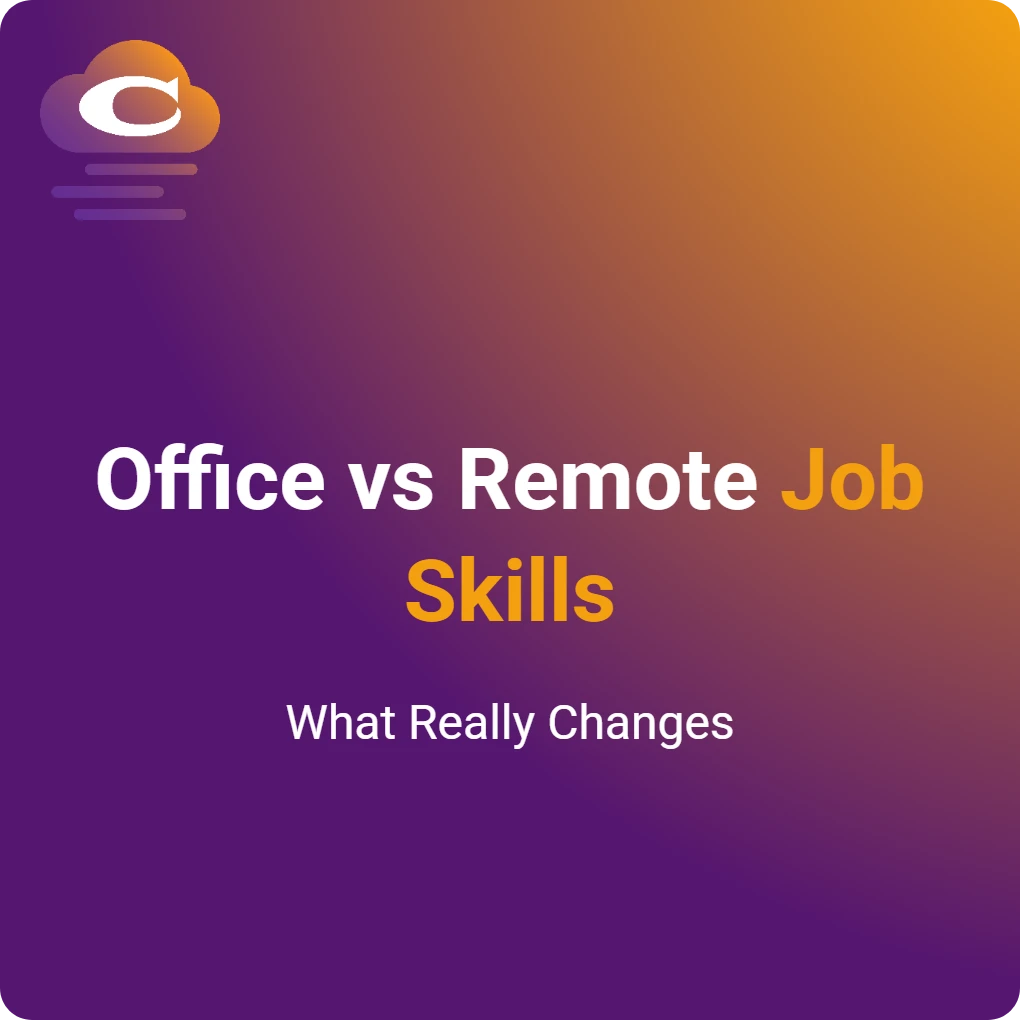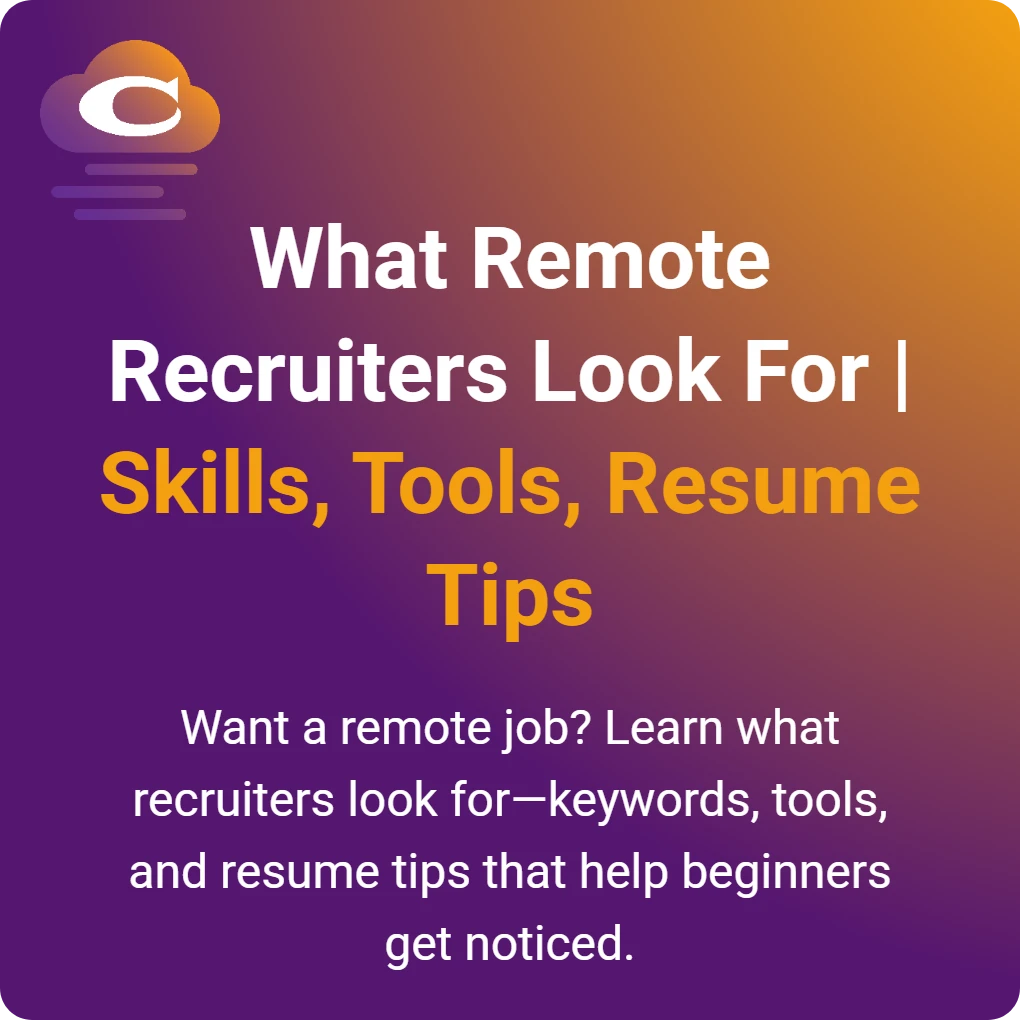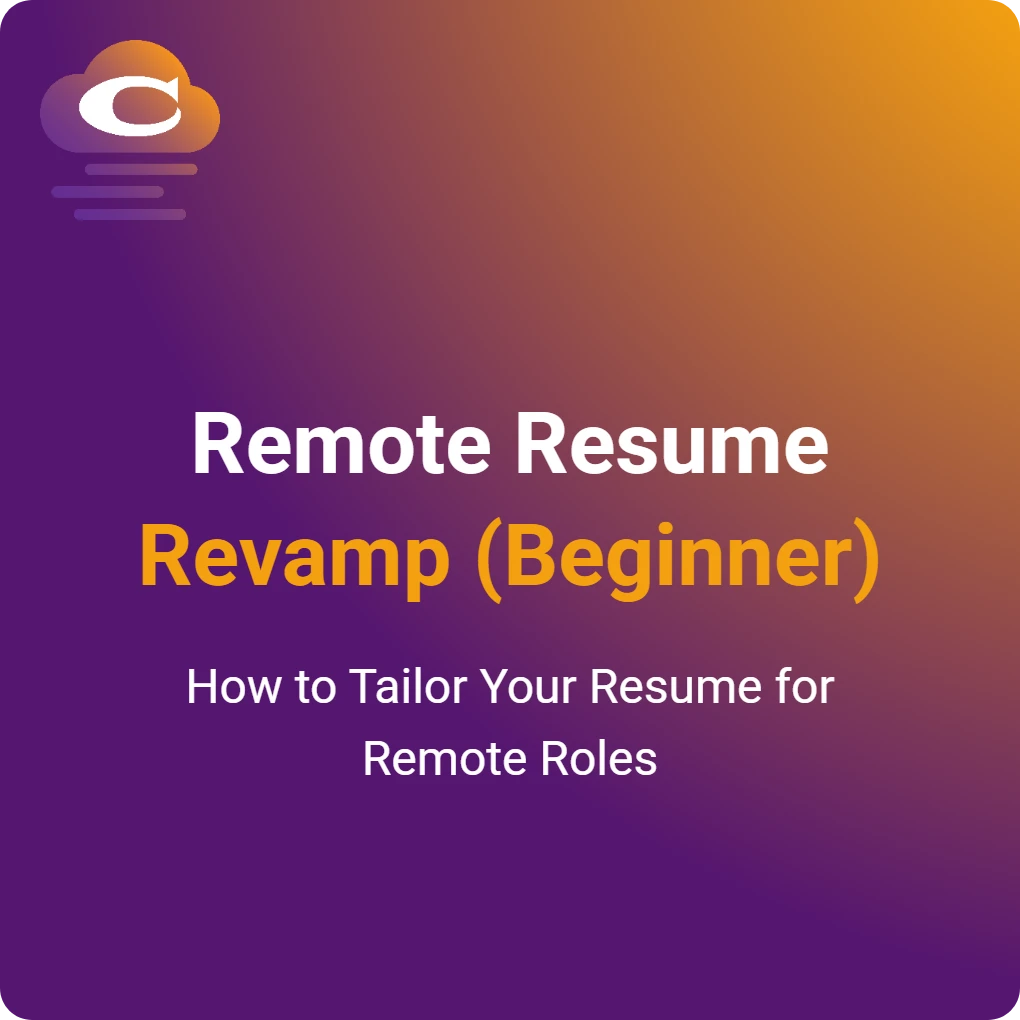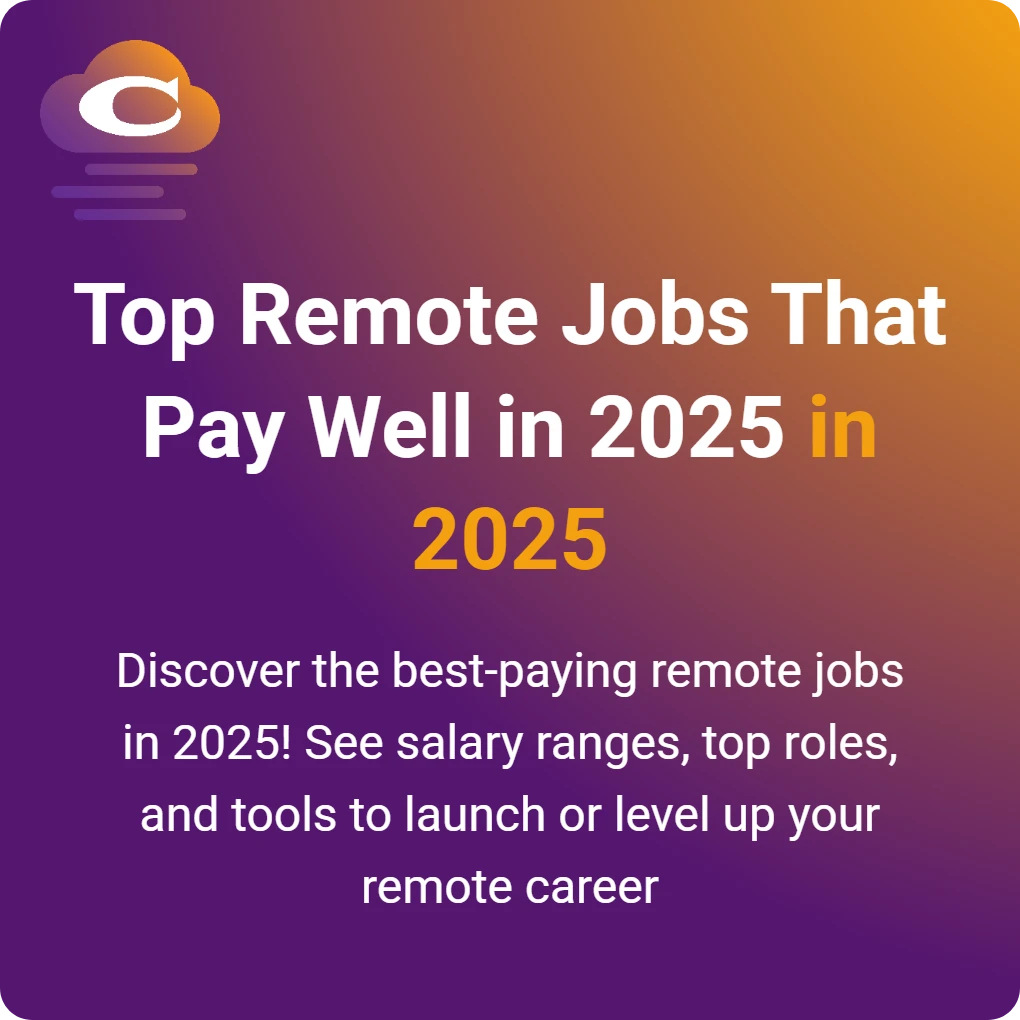The shift to remote work has redefined how professionals grow their careers — offering unmatched flexibility, global reach, and new paths to leadership. To stay competitive, remote workers must embrace continuous development, from sharpening their digital skillset to refining their personal brand online. Whether you’re aiming to lead distributed teams, gain promotions, or unlock high-paying global opportunities, advancing your remote career starts with proactive learning and strategy.
This guide covers everything from specialized certifications and productivity workflows to virtual leadership and mentorship. Along the way, we’ll connect you with proven resources, like our remote work tech stack and remote job search guide, so you can build resilience, digital fluency, and influence — the pillars of lasting success in the remote-first workforce.
Why Advancing Your Remote Career Matters
Remote work offers unparalleled access to global job opportunities, but standing out requires continuous learning and strategic career development. As remote work environments mature, companies increasingly value professionals who demonstrate proactive growth, technical mastery, and leadership potential.
Investing in your development not only increases your market value but also unlocks leadership roles and international career opportunities. By staying ahead of industry trends and mastering relevant skills, remote workers can secure higher-paying positions and sustain long-term career growth.
Key Digital Skills to Advance Your Remote Career
To remain competitive, remote professionals must master advanced tools and workflows. Here are key areas to focus on and how to develop them:
Features
Take specialized courses on platforms like Udemy or Coursera for Trello, Asana, and Monday.com.
Lead virtual meetings using Slack, Microsoft Teams, and Loom.
Enroll in advanced courses on Google Skillshop and LinkedIn Learning. Manage collaborative databases and automate workflows.
Master automation tools like Zapier and Make to streamline operations and integrate with Notion or Airtable.
Develop cybersecurity skills with Pluralsight or Coursera. Implement VPNs, password managers, and encryption practices.
Explore Google Skillshop and AWS Training and Certification to complete certifications in Ads, Analytics, and cloud services.
Certifications to Boost Your Remote Career
Certifications are essential for remote professionals looking to enhance credibility, validate skills, and open doors to higher-level roles. Whether you’re aiming to specialize in project management, cloud infrastructure, marketing, or leadership, obtaining the right certification can set you apart in a competitive job market. Here are top certifications across various roles and how they align with remote career paths:
List of external links
You can also enhance your leadership skills by enrolling in Executive Leadership Programs available on platforms like Coursera, edX, and LinkedIn Learning. These courses are designed to help senior managers develop essential skills in strategic planning, virtual leadership, and people management – all crucial for transitioning into executive roles in remote-first organizations. Most programs allow free auditing, with certificates typically ranging from $50 to $300.
Tips for Choosing the Right Certification:
- Use Employer Sponsorship – Many remote employers offer certification reimbursement or sponsorship. Leverage these programs to earn valuable credentials without personal expense.
- Align with Career Goals – Focus on certifications that enhance your strengths and align with the next step in your career path. For example, cloud professionals should prioritize AWS or Google Cloud certifications, while marketers may benefit from advanced Google Ads or DMI credentials.
- Evaluate Industry Demand – Research job postings to identify in-demand certifications within your field. Platforms like Indeed and LinkedIn often highlight preferred certifications for remote positions.
- Start with Foundational Certifications – If you’re new to a specialization, begin with entry-level certifications (e.g., AWS Certified Cloud Practitioner) before advancing to higher levels. This ensures a structured learning path.
🛡️ Want to deepen your remote security knowledge? Learn how to protect sensitive files and client data in Client Data Protection 101.

The illiterate of the 21st century will not be those who cannot read and write but those who cannot learn, unlearn and relearn.
Alvin Toffler – Writer
How to Build Leadership and Influence as a Remote Professional
Networking is vital to career advancement, especially in remote environments where organic in-office connections are absent. By developing advanced networking strategies, remote professionals can unlock new opportunities, foster collaborations, and gain visibility in their industries. Here are the four most impactful ways to strengthen your network and build meaningful professional relationships:
Networking Tips for Remote Professionals
Enhance your professional network with these strategic tips for remote workers
Features
Take the initiative to organize virtual panels, webinars, or live Q&A sessions. Use platforms like Zoom or Hopin to host events, and invite industry leaders and colleagues to participate.
Gain access to invite-only groups and communities where high-level networking occurs. Platforms like YPO, Chief, and Remote-how provide valuable spaces for senior remote professionals.
Use platforms like Lunchclub or Shapr to schedule virtual coffee chats and networking meetings with professionals in your industry or areas of interest.
Stay active in your industry by attending virtual conferences, summits, and workshops. Participate in breakout rooms and follow up with speakers or attendees via LinkedIn.
Resilience and Adaptability for Long-Term Remote Success
Succeeding in remote work requires resilience and adaptability—key traits that enable you to thrive in changing environments and overcome the unique challenges of remote professional life. Strengthening these skills can significantly improve productivity, work-life balance, and overall career satisfaction. Here are actionable ways to enhance resilience and adaptability:
Checklist
🚨 Protect your earnings as well as your time. Avoid shady gigs and unpaid labor with our Freelancer Scam Avoidance & Rate Negotiation Guide.
Conclusion
Advancing in remote work requires an ongoing commitment to learning, leadership development, and strategic networking. By continually refining your skills, earning industry-recognized certifications, and proactively building your professional influence, you set the foundation for long-term success in the dynamic remote workforce. As the landscape of remote work continues to evolve, those who invest in personal growth and stay adaptable will not only thrive—they will lead the way.
Are you ready to take the next step in advancing your remote career? Start today by focusing on one key area of improvement—whether it’s mastering a new tool, obtaining a certification, or expanding your network. Your future success in the remote world begins with the actions you take now.
Explore More: Skill Development Resources | Freelancing Guidance | Productivity Tips
Ready to take your next step? Discover Remote Job Opportunities
